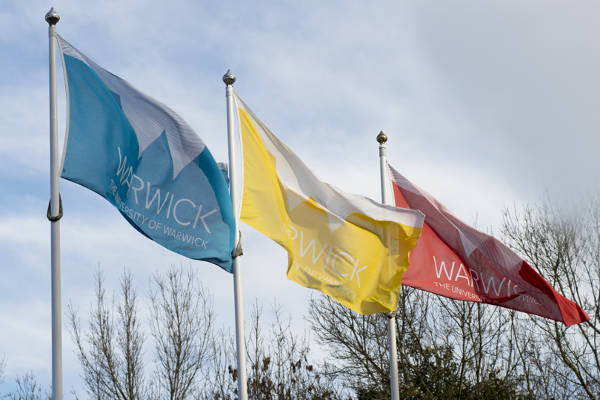Accessibility statement for the Warwick website

Accessibility statements
It is a University strategic priority that all staff and students must have access to equal opportunities to thrive and progress at Warwick, irrespective of background, disability, faith, gender, race and sexual orientation. Warwick is committed to developing accessible and inclusive approaches to ensure that everyone can participate in our community.

